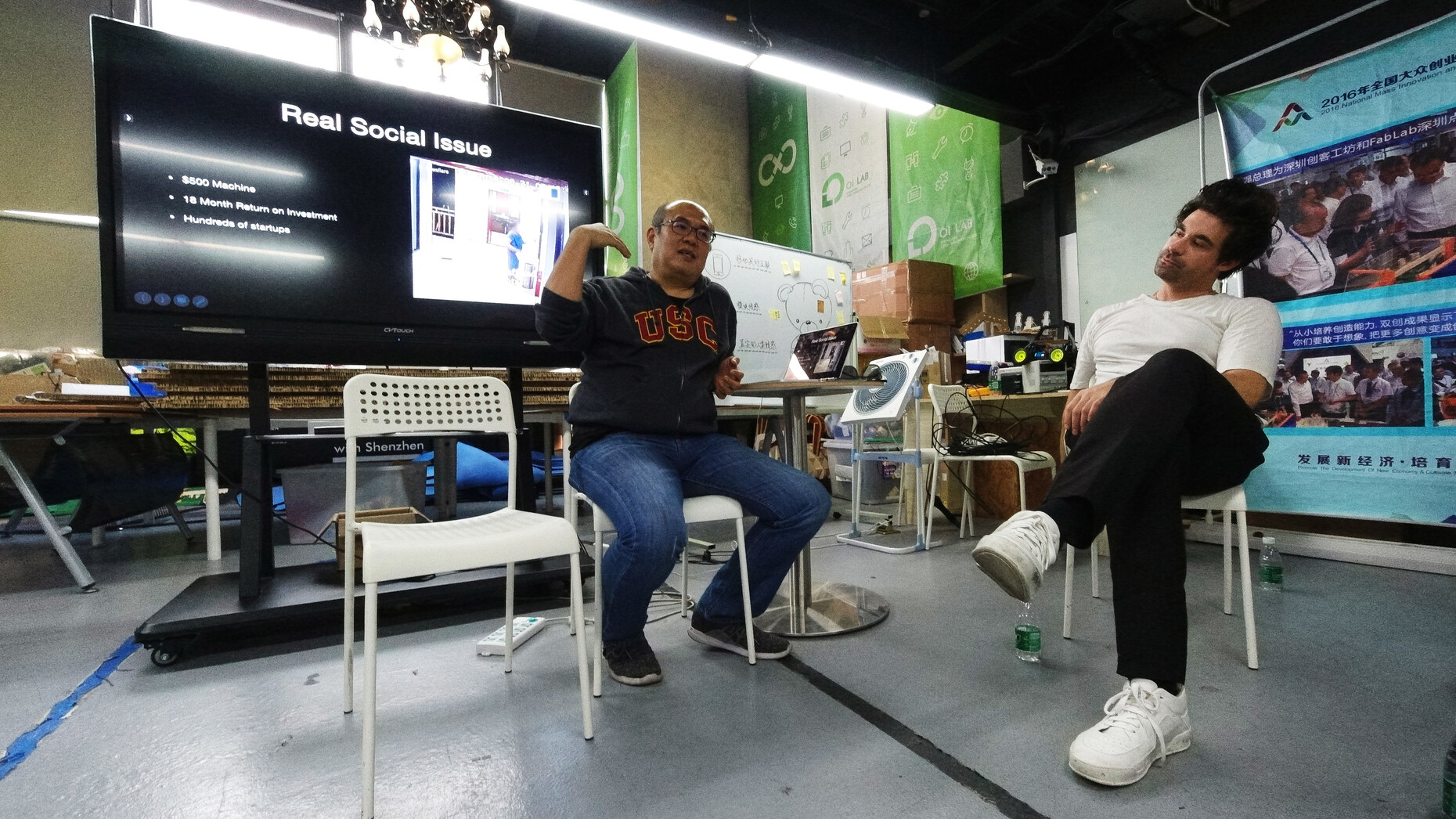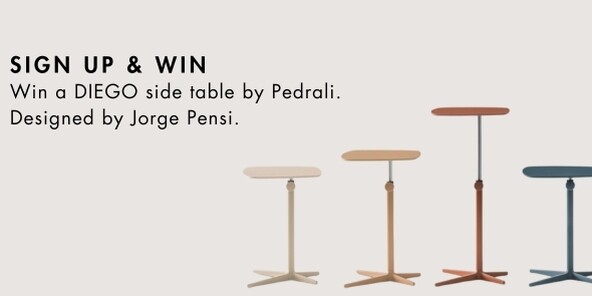Faster than any science
“What happens when 100,000 engineers and designers get up each day with a will to invent something new?” To find out, Raphael Gielgen, trend scout for the “Future of Work” at furniture company Vitra, set out with a group of intrepid individuals to explore an area where the Asian millennium is taking shape with impressive force: the Pearl River Delta – a Chinese Special Economic Zone that forms the hinterland, in the broadest sense, to the former colonies of Hong Kong and Macao. Now almost 70 million people live in an area that is half the size of Switzerland. “Virtually nobody comes from there,” says Gielgen. “Everybody moved there from elsewhere. The opportunities this Special Economic Zone offers are attracting dynamic individuals from all over China and increasingly from beyond its borders too.” Most recently, for example, the area has seen completion of the world’s longest bridge, the Hong Kong-Zhuhai-Macau Bridge, which spans the Pearl River Delta and is set to appreciably improve the network of routes in this conurbation. Further megaprojects have long been under construction or in the planning.
“A learning journey” is what Raphael Gielgen calls the expeditions he organizes at regular intervals with different experts, entrepreneurs, architects and lateral thinkers. It’s always about keeping our fingers on the pulse of things, observing global developments in their early stages and analyzing dynamics. The topic of “Design to Production” is a major focus of the trip to the Pearl River Delta. “In this region there is an enormous breadth of businesses – from single-person outfits to the fully automated ‘dark factory’. What they all have in common, though, is tremendous flexibility: Virtually everywhere production can be started up immediately or production capacity doubled from one day to the next,” says Gielgen, describing one of the reasons for the boom in the conglomeration. “This diversity of producers combined with the capital available and the ‘incubators’ where start-ups develop new ideas creates tremendous economic and technical momentum.”
In spite of this inventive spirit within the country, what Gielgen and his fellow travelers find most striking among many of the Chinese partners they discuss things with is the latters’ profound admiration for German engineering and German industrial design. Nevertheless, the Chinese approach to any form of product development is – still – an entirely different one, as Raphael Gielgen has observed: “This entire region is in a permanently beta state, combined with a cheerful naivety among developers. Here nothing is old, nothing is well-used, nothing is ‘tried-and-true’. This gives everybody a certain sense of ease. You don’t always have to find the solution.” This attitude, he believes, can also be liberating for the West, freeing it from the constant craze for optimization, the endless pressure to go “faster, higher, further”. “Instead, we could become real creators, researchers and inventors once again.”
Unlike in Europe or to an even greater extent in Japan, there is no fixation on process in China, says Gielgen. There is also no notion of longevity, because nobody has any experience of it, he continues. “Everything is new, but that also means there are no routines.” The “silo thinking” so deplored in the West has had no time to evolve in the first place, Gielgen says. This situation, he believes, which has long been forgotten in older industrialized nations, can be rediscovered here. “If you want to take something away from here, then it should be the courage to work on gaps.”
So do you need to travel to China yourself to discover this? “Nothing is more powerful than the physical and personal experiences a person can have. Immersing oneself in an entirely different cultural circle and the varied perceptions that go with this breaks apart individual routine thinking,” Raphael Gielgen believes. Incidentally, he was also amazed at how few publications, let alone scientific investigations, have focused on the economic boom in the Pearl River Delta and its foundations. Maybe this is partly because all the development underway there is not taking shape according to processes or rules. “Here, the western approach whereby we attempt to solve problems using Excel spreadsheets and PowerPoint presentations is condemned to failure.”























